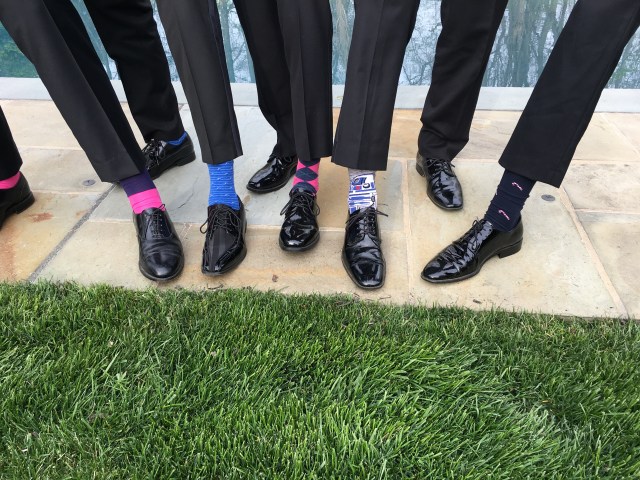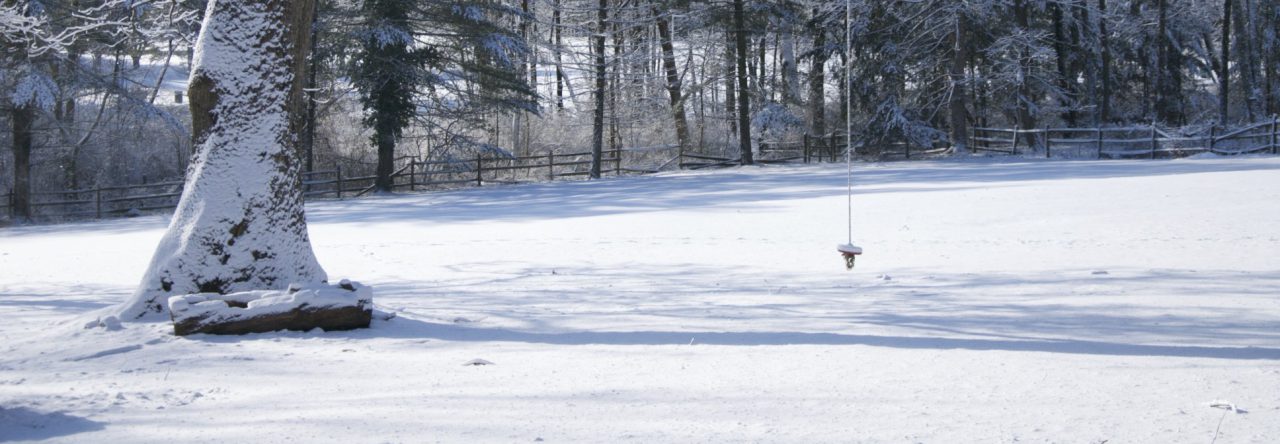(I’ve been doing more reporting than blogging lately. I was hoping this would be published in the newspaper a few weeks ago, but it kept getting bumped by essays from first responders. Thought I’d share anyway.)

We’re in week six of quarantining as a family of five – three working adults, one college student and one high schooler. I realize, we are incredibly fortunate. We are together, we are healthy, we can pay our bills and we have plenty of food. We even have toilet paper. We’ve done the jigsaw puzzles, split wood, had family game nights and Zoomed cocktail hours with relatives and college roommates. We’ve even vacuumed out our smoke detectors. Seriously.
This week I returned to working on the family photo albums. With actual printed photos. Seriously. I’m a few years behind, so I have spent the last few days reveling in the spring of my middle child’s senior year of high school. And it was glorious. The sun was shining, flowers were blooming and smiling boys and girls and parents were everywhere. And that’s what’s making me so sad.
My youngest is finishing his senior year this spring. Of course, he’s missing the season’s annual rituals of prom, awards ceremonies, senior celebrations and the culminating commencement. But it’s not the bold print occasions I’m mourning. It’s the quiet moments behind the rites of passage. The moments that build the tension that make for the release and pure joy when the goal is reached.
While raising my kids I’ve always preferred that penultimate moment of wavering confidence. When the child needs to decide to believe in himself. The moment they let go of the old – the moment before they become the new. The growth happens in that leap.
I love to watch the video of my kids beaming as they walk across the room for the first time. (We watched a round of home movies after bingeing Tiger King. It just seemed right.) But I prefer remembering them rocking back and forth on all fours. All fourteen pounds of teething baby in a white onesie with dimpled hands splayed on the carpet. Determined to figure out how to crawl.
And this spring, my son is missing his learning to crawl opportunities. Last weekend should have been the prom. Sure, I love the pre-party photos with the conga line of boys showing off their Star Wars or Philadelphia Eagles socks with their tuxedos. And the gaggle of girls in dresses of every color juggling their flowers and phones. But what I really miss for my son is that moment – days before the dance – standing at the counter when the florist says, “are you thinking of a corsage, a hand-tied clutch or a tight nosegay?” And a 17-year-old boy stares back blankly and says, “I was thinking pink?”
We’ve already received notice that the school will be conducting some assemblies virtually – ceremonies for academic and athletic awards. Fine. But there’s no Zoom substitute for the school assembly when they announce the faculty member to whom the seniors voted to dedicate the yearbook. There are no parents at the assembly – just students and faculty – and from what my boys tell me, that is part of the magic. The teacher cries on stage and the students erupt in a standing ovation. The room of teenagers and teachers teeters on the edge of becoming an “I’m not crying, you’re crying” flashmob. And after that day, each of those seniors knows the power – and gift – of telling someone in your life that they are important to you.
My son’s high school career (and my family’s) should finish with graduation this June. Obviously, that’s unlikely. The ceremony might be virtual or conducted on a smaller scale later this summer or possibly even put on hold until next June as a double 2020 and 2021 ceremony. Ultimately, we’ll have pictures and a diploma and all the requisite props of graduation. But my son will almost surely miss the school’s tradition of entering commencement through a gauntlet lined with the junior class and shaking hands with – or hugging – every one of them. It’s a quiet moment when it’s not an adult telling you goodbye, good luck and you’ve got this. It’s when these vulnerable young adults hear it from their peers. And from themselves.
While my news feed is flooded with Covid-19 updates and warnings from the CDC, I keep hearing the pediatrician extolling the importance of learning to crawl to later stages of development. I’m trying to look at this season of quarantining as just a pause in between developmental milestones of dances and dorm room decorating, but it’s hard. Instead, after he finishes his online learning, my son is helping me sew facemasks. Which is an opportunity for growth and development too.

 I am the parent of three still developing, learning and maturing young people. Certain requirements of the job have been universally recognized and accepted for decades. Probably centuries. I feel duty bound to be responsible for my children’s food, shelter, physical safety, education and even emotional health. Granted, I am fortunate that I can deliver these essentials when many parents struggle to provide one or more of these basic rights.
I am the parent of three still developing, learning and maturing young people. Certain requirements of the job have been universally recognized and accepted for decades. Probably centuries. I feel duty bound to be responsible for my children’s food, shelter, physical safety, education and even emotional health. Granted, I am fortunate that I can deliver these essentials when many parents struggle to provide one or more of these basic rights. The obsession with finding that one “true north” interest obscures the possibility of a series of changing passions. It also doesn’t accommodate the years that are required for a passion to germinate and bloom. And it misleads people into thinking that declaring a passion is necessary for professional or personal happiness.
The obsession with finding that one “true north” interest obscures the possibility of a series of changing passions. It also doesn’t accommodate the years that are required for a passion to germinate and bloom. And it misleads people into thinking that declaring a passion is necessary for professional or personal happiness.


